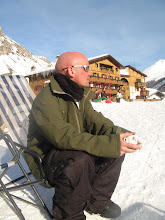Taking the ideas further

Well done if you have got this far - you now probably have much good material. Why not try to extend your understanding - have a look at Debateabase - ''Debatabase is the world's most useful resource for student debaters. Inside you will find arguments for and against hundreds of debating Topics, written by expert debaters, judges and coaches. Also included are background summaries, links to websites of interest and recommended books''.
Look here for a discussion on - will free trade benefit third world countries? Does it harm developed countries? Could it serve a universal good? Is free trade a realistic goal?
Or here for a discussion on - Should the developed world focus on enabling trade or donating aid as a way to help the developing world?
Labels: JFS WORK






